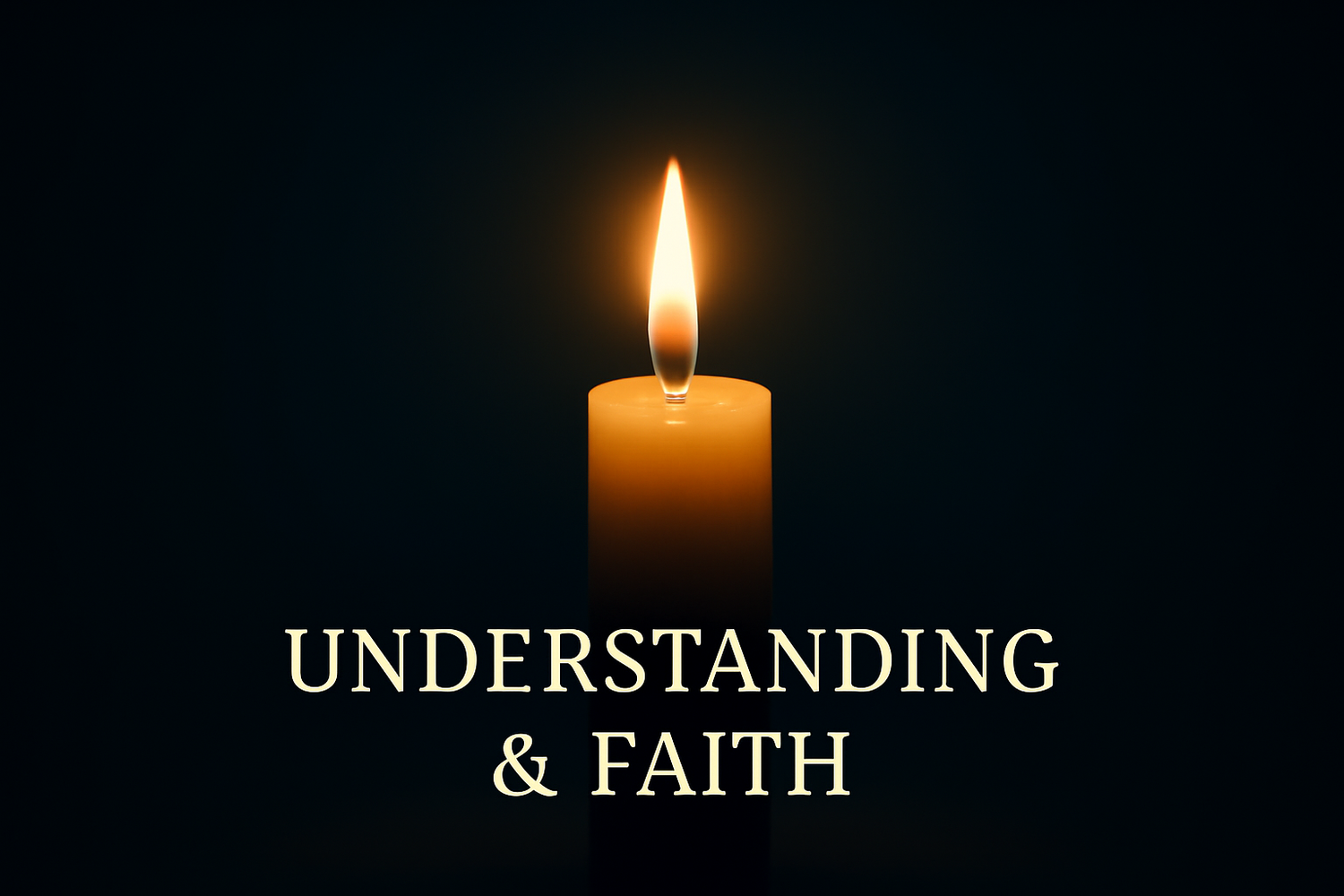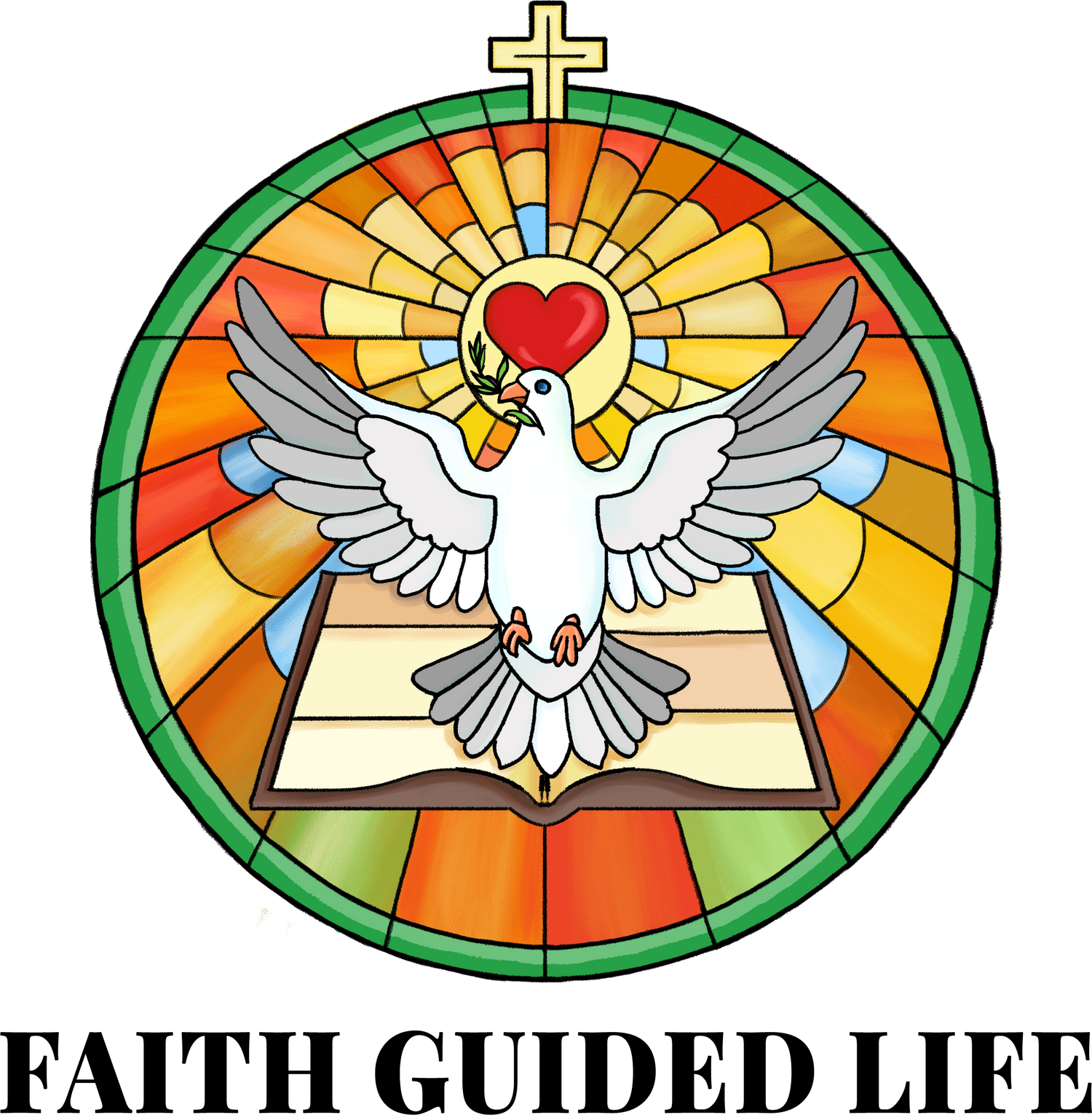
Faith is the foundation of success and the source of countless blessings. But the faith embraced by a thoughtful person is not a blind, reckless enthusiasm. Genuine faith is never superstition.
Blind faith without reason is a great danger to individuals, families, communities, and society at large. Such faith encourages mental laziness, dependence, and submission to circumstances or base desires.
A faith mixed with confusion and lacking proper foundation often leans on deceptive powers. These two—blind faith and reliance on dubious forces—reinforce each other strongly, producing weak minds, dependency, and a lack of self-reliance.
Due to misplaced trust, the spirit grows darker, and behind the veil of prejudice, how can a person rise, become strong, and live independently?
Religious traditions that have flourished or faded throughout history have done so based largely on the nature of the faith held by their followers. Superstition and blind reliance lead to corrupted forms, far from the true spirit of original teachings.
Many claim to be adherents yet hold beliefs and practice in ways contrary to the essence of faith—principles rooted in compassion, wisdom, and truth.
Some regard faith as mere ritualism—a system to invoke luck or divine intervention only in times of trouble. They mistakenly see faith as magical protection, rather than as a guiding principle and a path of transformation.
True faith does not demand unquestioning acceptance of dogma. Instead, it invites each individual to personally test and verify beliefs: Are they reasonable? Do they bring happiness to oneself and others?
Faith without understanding is misleading and potentially harmful. The true way requires both trust and critical examination.
Faith should never be mistaken as an all-powerful authority that commands obedience or arbitrarily grants fortune or punishment.
Rather, faith acts as a guide—a wise mentor leading those who seek truth and growth. Like a skilled physician offering remedies, it is up to the individual whether to accept healing.
If a person refuses to understand or live by the teachings, the guidance loses its meaning. Mere rituals or expressions of gratitude do not make one truly faithful; living according to principles does.
Faith respects personal autonomy. It encourages questioning, critical thinking, and responsible living.
One should not accept beliefs just because they are old, widely repeated, or enforced by authority. One should accept only what withstands reasoned judgment and leads to real benefit.
Sacred texts serve as guides, not as unchallengeable or magical objects. They contain wisdom to be followed, not spells to guarantee automatic salvation.
In essence, faith is about understanding, living rightly, and growing in spirit.
False reliance on superstition or magical thinking contradicts true faith, which demands clarity, discernment, and humility.
True seekers maintain an open, inquisitive spirit, treating teachings as precious gold to be refined and tested—not as chains binding the mind or emotions.
Faith and Understanding Go Hand in Hand
Faith is not opposed to understanding but complements it. Reason allows us to evaluate beliefs critically and avoid foolishness. Faith inspires us to trust truths that reason reveals and to embrace mysteries beyond human comprehension.
Together, faith and reason foster maturity, resilience, and a meaningful life.
Faith without reason becomes superstition; reason without faith risks despair or nihilism.
The harmony of faith and reason empowers people to navigate life’s uncertainties with wisdom and hope.
Freedom and Responsibility in Faith
True faith requires freedom. No one should be forced to believe or act out of fear or pressure. Faith is a personal journey, grounded in free choice and sincere commitment.
Alongside freedom comes responsibility: to seek truth honestly, to reflect deeply, and to live ethically according to one’s convictions.
This responsible faith promotes growth and authentic transformation.
Misconceptions and the True Spirit of Faith
Many misunderstand faith as a mere set of external rituals or magical invocations. Some believe faith guarantees safety or prosperity if rituals are performed correctly.
However, faith is much deeper: it is a lived relationship and a commitment to live according to values such as love, justice, humility, and compassion.
Blind ritual without true understanding can become empty or even harmful.
True faith invites us to internalize principles, question assumptions, and develop a personal conviction based on reason and experience.
The Role of Sacred Texts and Tradition
Sacred writings and traditions are precious resources. They record wisdom, stories, and teachings that guide the faithful.
But texts are not magic scrolls. They do not grant automatic blessings merely by being read or recited.
They are tools for learning, reflection, and growth.
A true follower treats sacred texts as guidance, always open to interpretation, questioning, and applying the teachings wisely.
The Path of Practice and Transformation
Faith is not static. It is an active journey involving understanding, practice, and growth.
True faith transforms character, leading to lives marked by kindness, integrity, patience, and service.
Living faith reflects light to others and contributes positively to society.
Conclusion
Faith and reason together form a balanced path toward true understanding.
Faith without thought is superstition. Reason without faith may leave the soul empty.
The best path respects freedom, embraces questioning, and pursues truth earnestly.
Through faith rooted in reason, people find strength, hope, and a meaningful life.
This journey is lifelong—one of exploration, challenge, and fulfillment.




